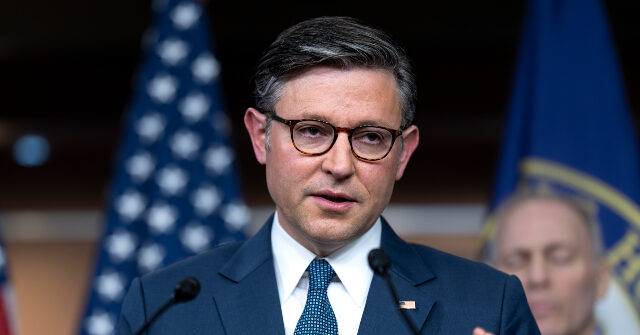House Speaker Mike Johnson recently engaged in a campaign effort on behalf of Rep. Dan Newhouse (R-WA), despite Newhouse’s vote to impeach former President Donald Trump during his second impeachment. Johnson’s actions appear perplexing given that Newhouse’s seat was not at risk of losing to a Democrat, which raises questions about the strategic rationale behind his commitment. Newhouse was one of the ten Republicans who voted for Trump’s impeachment in 2021, and currently, he is one of only two such Republicans left in Congress, alongside Rep. David Valadao (R-CA). While Valadao’s position is precarious due to a Democratic-leaning district, Newhouse faced no serious threat in his race. Johnson’s lack of response to inquiries about his campaigning strategy is particularly troubling for GOP observers.
In an official statement, Johnson clarified that he supported all GOP incumbents, including those who voted for Trump’s impeachment, as part of his broader campaign efforts to secure a House Republican majority. He emphasized that his year-long campaign included over 360 events across 40 states, all dedicated to maintaining Republican control in the House and advancing Trump’s agenda. However, this explanation has not quelled concerns regarding the implications of backing an impeachment supporter, particularly when Republicans have been staunch about party unity and loyalty in recent elections.
The primary electoral context reveals why Newhouse’s situation is distinct from Valadao’s. In Washington State’s primary system, Newhouse faced a Republican challenger endorsed by Trump, Jerrod Sessler. Had Newhouse lost, it would not have resulted in a Democratic victory, making Johnson’s support seem unnecessary and potentially misplaced. Additionally, other GOP leaders, such as House Majority Leader Steve Scalise, campaigned for Newhouse, suggesting a concerted effort among top Republicans that could have diverted crucial resources from more competitive races elsewhere.
As Johnson campaigned for Newhouse, the House Republicans found themselves on the brink of securing the number of seats needed to maintain a majority. Reports indicated that the GOP has confirmed 216 of the required 218 seats, with several potential wins still pending. However, critics argue that had Johnson allocated his resources to campaigning in more competitive districts—such as those in Virginia, New Mexico, and Maine—the GOP might have solidified its majority sooner rather than later. The impact of these decisions may well reverberate in future legislative sessions and party dynamics.
Johnson’s term as Speaker may hinge on the size of the eventual Republican majority, as he faces potential challenges to his leadership given the various factions within the party. A comparison to the tumultuous leadership of former Speaker Kevin McCarthy illustrates the internal strife affecting Johnson, particularly after passing significant foreign aid spending that alienated many Republicans. The upcoming vote to elect a new Speaker in January could see Johnson struggling to gather the necessary majority, and if the party’s numbers are closer than previously expected, he may find himself in a precarious position.
Furthermore, while Johnson has been working on aligning himself with Trump, various factions within the House GOP remain unsatisfied with his leadership, especially given his perceived betrayal of conservative values and priorities. An endorsement from Trump could bolster his position, but it might not be sufficient to quell dissent from those who feel betrayed or overlooked. The upcoming dynamics in the House, especially concerning the speaker’s vote, may reveal whether Johnson can retain his position or if opposition forces within the party will succeed in pushing for a candidate more closely aligned with Trump’s agenda. The unfolding political landscape will be crucial for shaping the future direction of the Republican Party and its leadership.

